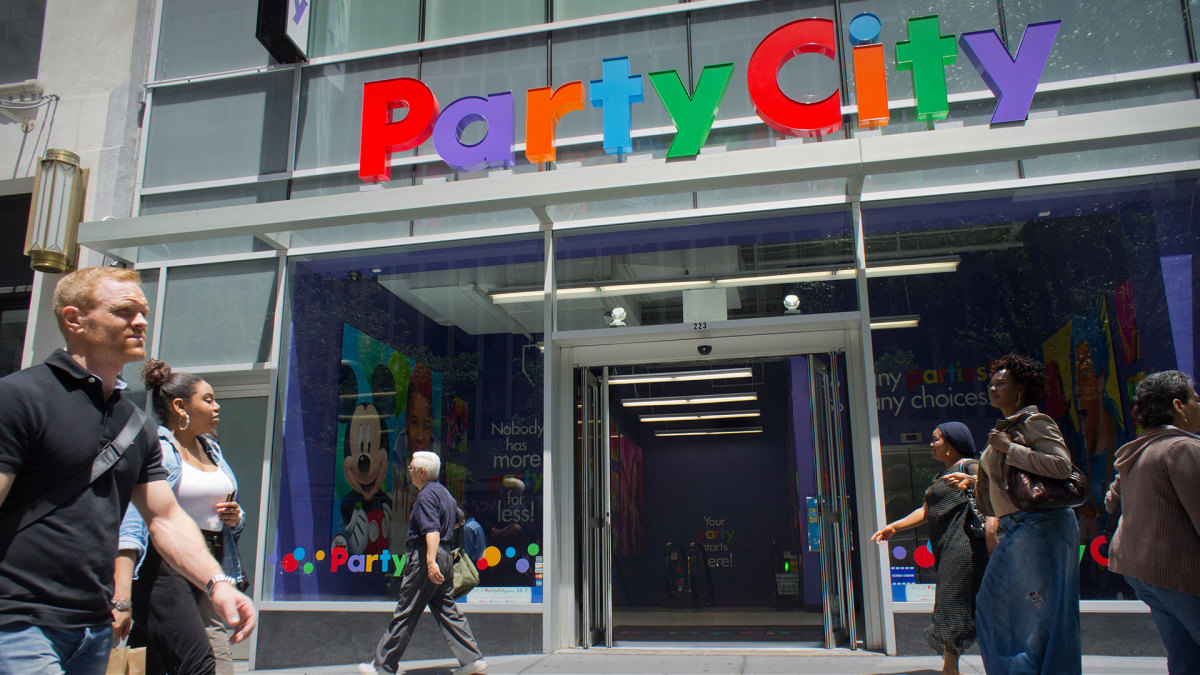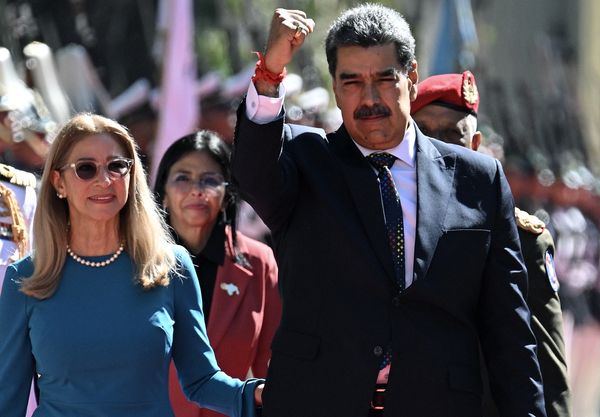
Filing Chapter 11 takes a company's fate out of its hands. Once a company involves bankruptcy court, it enables a judge to have a say in its future.
That's why many companies seek to avoid filing Chapter 11 — or at least they enter it with a plan.
The problem with having a plan is that things can go wrong. A lender can pull out or a buyer less favorable to management could offer a higher bid.
Bankruptcy courts have to make decisions that best benefit multiple constituencies. An offer that's best for shareholders, for example, might not be best for employees.
Vendors and other creditors, of course, also play a major role in whether a company survives a Chapter 11 reorganization. In many cases, creditors must be willing to take less money or extend borrowing terms to enable a company to survive.
It's a difficult dance, where the best option is often forcing the company into a Chapter 7 liquidation. Three recent examples of that — Bed Bath & Beyond, Tuesday Morning, and Christmas Tree Shops — all had filed Chapter 11 with hopes of reorganizing their debts and surviving, but they all ended up being liquidated.
That's not uncommon, but it's more likely these days when the cost of money has made finding loans at reasonable rates (or at all) much more difficult. So, it's maybe a bit of a surprise when a company makes it through the Chapter 11 process and goes back to normal operations.

Image source: Shutterstock
Party City emerges from bankruptcy
The covid pandemic put Party City in a difficult place. People weren't having parties, so the chain basically sold merchandise that wasn't essential, or even relevant, to anyone.
That created a situation where the company, which was already struggling, burned through a lot of its cash reserves simply to survive. And even when pandemic lockdowns ended, there was no major comeback for the chain. People went back to having parties, but they did not go back to celebrate the events they missed.
Party City lost more than a year of birthdays, holidays, graduations and other celebrations, which forced the company into Chapter 11. That process enabled the company to make needed changes to emerge and get back to its prepandemic business.
Party City Holdco Inc. has completed its restructuring and emerged from Chapter 11 financially stronger and well-positioned for the future, the company said in a news release.
"Through its restructuring, PCHI has substantially strengthened its capital structure by eliminating nearly $1 billion in debt, enhanced its liquidity, and optimized its Party City store portfolio by having negotiated improved lease terms and exited less productive stores. The company will move forward with nearly 800 Party City locations nationwide," PCHI wrote.
Party City changes leadership
Party City Chief Executive Brad Weston plans to step down as of Nov. 3 and will be succeeded on an interim basis by the chain's president, Sean Thompson.
"PCHI has emerged with an excellent foundation in place to drive long-term growth," Weston said in a statement. "At this juncture, with the restructuring now behind us, the timing is right to pass the baton to Sean, who I'm confident will build on the significant strides that have been made as PCHI continues to expand its market leadership and enhance the customer experience."
The company emerges from bankruptcy with a new asset-based-loan facility of $562 million and $75 million in new investment to fund its ongoing operations.
PCHI has not publicly discussed its plan to search for a new CEO and whether Thompson will be a contender for the position.
Get investment guidance from trusted portfolio managers without the management fees. Sign up for Action Alerts PLUS now.







